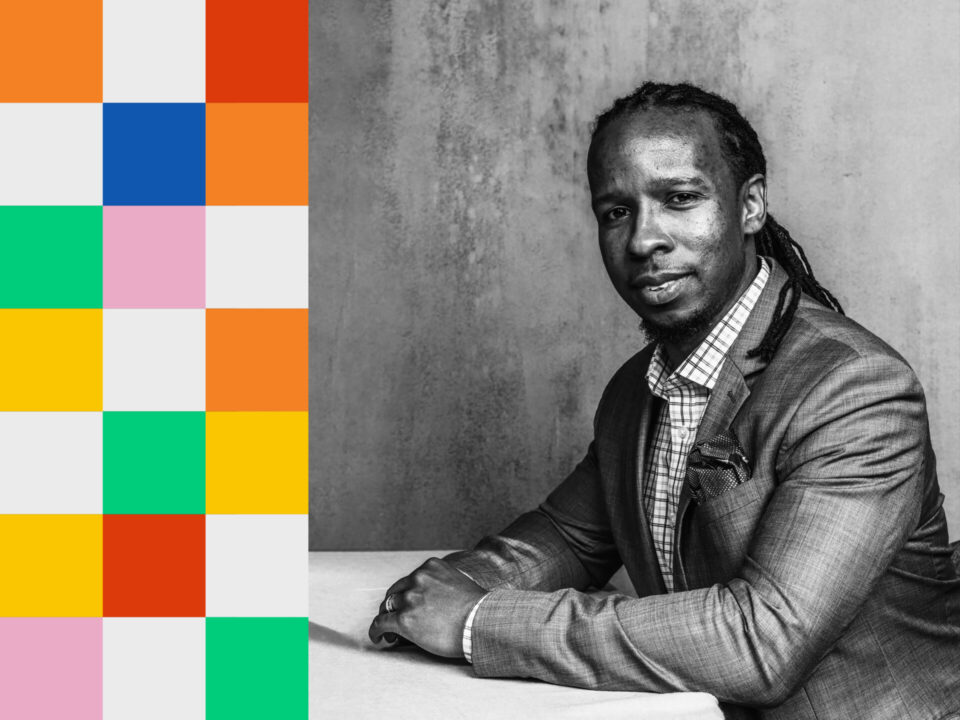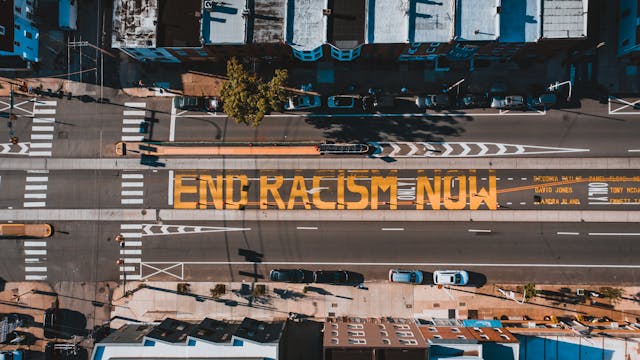The inception of the Black, Asian, and Minority Ethnic (BAME) term traces back to the UK’s rich tapestry, where diverse ethnic communities have contributed significantly while grappling with systemic challenges. From the Roman era to modern times, various ethnic groups have shaped the nation’s identity, facing discriminatory laws and social barriers.
Evolving Perspectives: A Shift Away from BAME
Highlighting instances of organisations and institutions moving towards more inclusive language
A growing number of entities, including the BBC, and Westminster Council, have ceased using the BAME acronym, acknowledging its limitations in capturing the diversity within ethnic minority communities. This shift reflects a broader awareness of the need for more specific and inclusive terminology.
Market research conducted by Ipsos MORI revealed the lack of clarity and resonance associated with the BAME term, leading organisations to adopt more specific alternatives. This underscores the importance of ongoing dialogue and adaptation as language evolves.
Exploring Alternative Approaches
Language evolves over time.
Ethnicity descriptors vary across regions and historical contexts, emphasising the importance of sensitivity and awareness in language usage. Phrases like “People from ethnic minority groups” offer a more inclusive alternative to the BAME acronym, respecting individuals’ identities, and experiences.
Tips include using terms that accurately reflect racial or ethnic groups, avoiding umbrella terms like BAME, and respecting individuals’ preferences for self-description.
Organisations like Ipsos MORI have embraced alternative terms like “REACH” (Race, Ethnicity, and Cultural Heritage) to better reflect the diverse experiences within ethnic minority communities. This reflects a commitment to ongoing dialogue and adaptation in response to evolving language.
Moving Forward: Embracing Diversity
Advocating for a nuanced understanding of race and ethnicity and fostering inclusivity through language.
By recognising the complexities of identity and embracing diversity, organisations can create more inclusive environments where individuals of all backgrounds feel valued and respected. This requires ongoing dialogue and sensitivity to changes in language and terminology.


